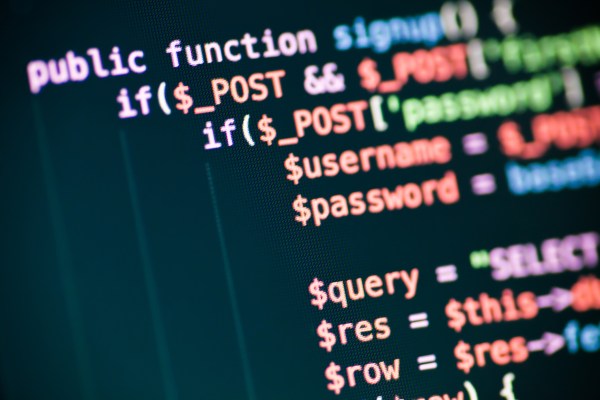
Higher education is a mess. College students spend years learning arcana and quaint academic theories, only to be thrust into the harsh light of the workplace where they are ill-equipped to handle even the most mundane task. A crisis, a moral failure, or perhaps simply an expensive mistake, college is clearly in need of a reboot.
Colleges would perhaps love to innovate on their models, but are stymied by accreditation agencies charged with maintaining the standards and integrity of higher education. Unfortunately for students, those standards are based on inputs like classroom time, years on campus, and major / minor curriculums rather than on measurable outputs like job income. Worse, these agencies are advised by the colleges and universities themselves, who rarely see disruptive and innovative education as a positive.
That’s why the news today that Make School has received accreditation from the Western Association of Schools and Colleges (WASC) is so interesting.
Make School is a project-based, product-focused program based in San Francisco founded by Ashu Desai and Jeremy Rossmann. The two founders centered the program’s curriculum around a bachelor’s in applied computer science, but rather than learning algorithms or data structures theoretically from a textbook, they reimagined the university from the bottom up by teaching skills through a progression of working software applications and products.
As I wrote in a profile of the company three years ago, “At the heart of the school’s approach is the belief that focusing on an actual project helps motivate students in ways that college never does.” Desai and Rossmann started by teaching game programming, but then saw that the enthusiasm of their students could be extended to other areas of software engineering and product design.
Beyond just redesigning a typical college program, they scrapped the notion of a four-year bachelor’s degree and replaced it with a full-time, two-year curriculum. That simultaneously eliminated the “summer melt” that plagues the traditional American academic calendar, and also significantly cut the cost of tuition for the program. Make School generally uses an income-share agreement in lieu of upfront tuition for its students, which means that students pay nothing during the program, but then pay a percentage of their income after they graduate.
Make School had a novel model for teaching a complicated subject, but it was unaccredited. For students, that meant that Make School’s courses most likely couldn’t be transferred to other accredited universities, nor could they receive public student loans, which mandate that a school be accredited for disbursement.
WASC, the accreditation agency in charge of higher education in California, Hawaii, and certain territories, has in recent years revised its “incubation policy” to encourage more non-traditional education providers to pursue accreditation. The model works by linking accredited universities with unaccredited institutions, with the eventual goal of making the startup accredited itself.
In Make School’s case, its accreditation collaborator is Dominican University, located just north of San Francisco. Make School students will be able to minor in computer science by taking classes at the university’s campus.
For Make School, it’s one more milestone on the way to rebuilding higher education.

No comments:
Post a Comment